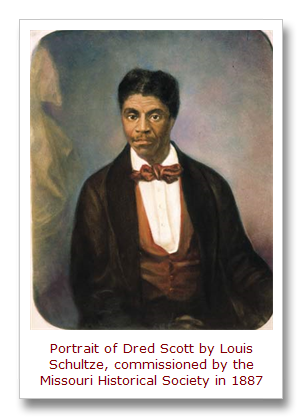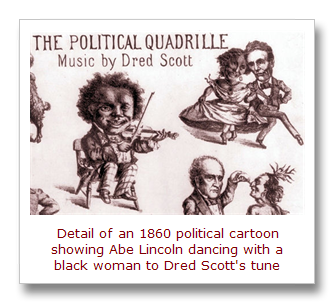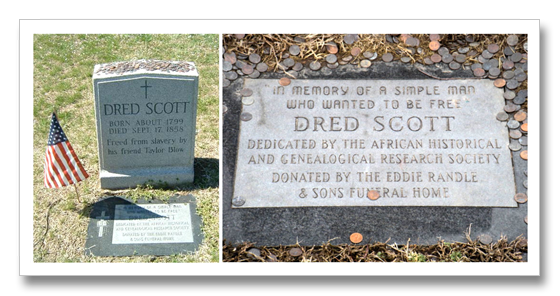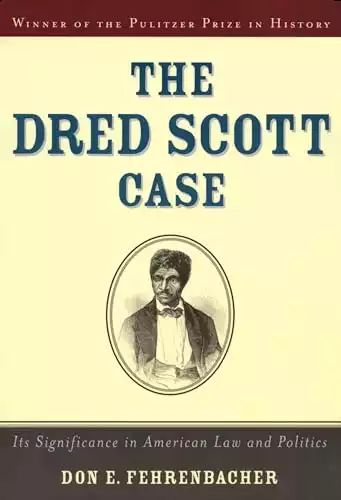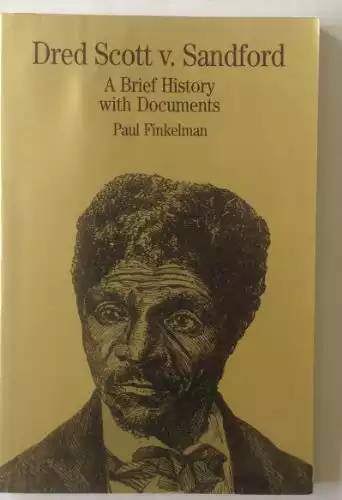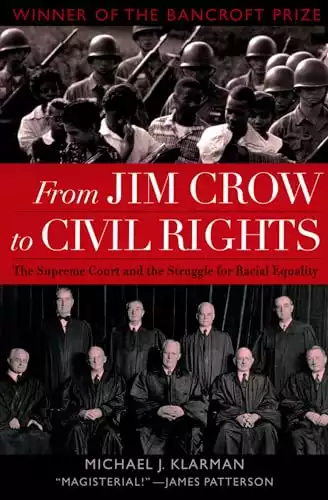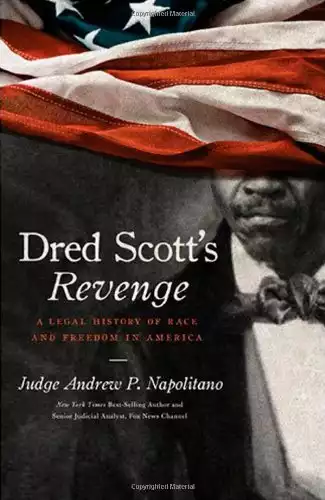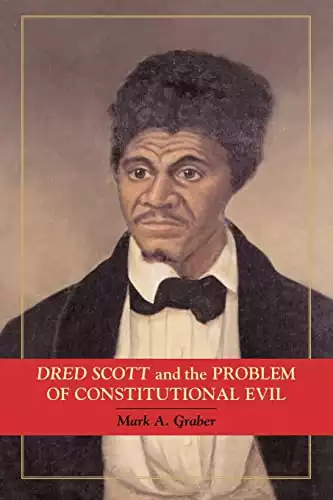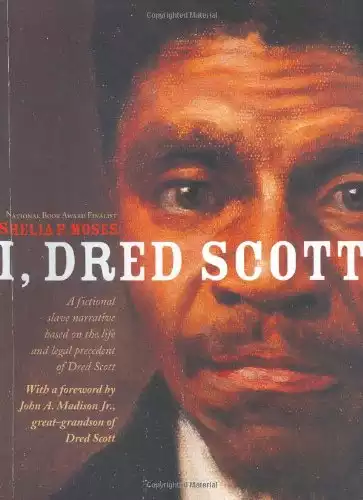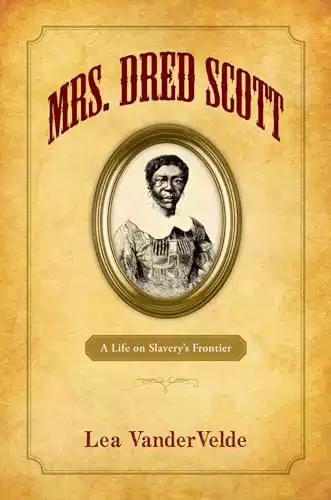On March 6, 1857, the U.S. Supreme Court issued it’s controversial decision on Scott v. Sandford — generally referred to as “the Dred Scott case.”
The plaintiff, Dred Scott, was a slave purchased from the Blow family of St. Louis in 1831 by U.S. Army surgeon John Emerson.
Over the next 12 years, Emerson took Scott with him to various places where he was assigned. When Emerson died in 1843, Scott tried to purchase his freedom from the doctor’s widow, Irene. She denied his request.
So, in 1846, Scott sued for his freedom on the grounds that Dr. Emerson had previously taken him to Illinois, where slavery was prohibited by state law, and to the Wisconsin Territory, where federal law prohibited slavery as part of the “Missouri Compromise” in 1820.
Scott lost in his first trial, then won in a second — only to have that decision overturned by the Missouri State Supreme Court. In 1854, with the help of local abolitionists, Scott filed suit in Federal Court against John Sanford, Mrs. Emerson’s brother and executor of the Emerson estate.
When that case was decided in favor of Sanford, Scott and his allies appealed it to the U.S. Supreme Court.
The infamous, oft-quoted conclusion of the Supreme Court’s decision, written by Chief Justice Roger B. Taney, was that current or former slaves and their descendants had “no rights which the white man was bound to respect.”
Taney wrote in the majority decision:
“In the opinion of the court, the legislation and histories of the times, and the language used in the Declaration of Independence, show, that neither the class of persons who had been imported as slaves, nor their descendants, whether they had become free or not, were then acknowledged as a part of the people, nor intended to be included in the general words used in that memorable instrument…They had for more than a century before been regarded as beings of an inferior order, and altogether unfit to associate with the white race, either in social or political relations; and so far inferior, that they had no rights which the white man was bound to respect; and that the negro might justly and lawfully be reduced to slavery for his benefit."
The Supreme Court’s decision in the Dred Scott case was among the most consequential in American history and key aspects of it are ironic in hindsight.
One irony is that the decision was not just a blow against the rights of blacks. It was also a blow to states rights, a principle often espoused by Southern states to justify slavery and oppose federal civil rights laws.
In the Dred Scott decision, the Supreme Court concluded that, under the U.S. Constitution, states had no right prohibit slavery. Many people on both sides of the slavery debate had hoped the Court’s decision would resolve the issue. Instead, it had the opposite effect. It made that issue hotter than ever and helped propel the country into a civil war that turned the temporary legal win of slaveholders into a final defeat.
The grave implications of the Dred Scott decision were clear to Abraham Lincoln. They were the main focus of his famous “House Divided” speech on June 16, 1858, at the Illinois Republican convention in Springfield, Illinois.
In that speech, Lincoln warned that the Court’s decision took away the rights of states to make their own decisions and would eventually force the legalization of slavery throughout the country.
“What Dred Scott’s master might lawfully do with Dred Scott, in the free State of Illinois,” Lincoln said, “every other master may lawfully do with any other one, or one thousand slaves, in Illinois, or in any other free State.”
Using a quote from the Bible, Lincoln also made a famous, correct prediction:
“‘A house divided against itself cannot stand.’ I believe this government cannot endure, permanently, half slave and half free. I do not expect the Union to be dissolved; I do not expect the house to fall; but I do expect it will cease to be divided. It will become all one thing, or all the other. Either the opponents of slavery will arrest the further spread of it and place it where the public mind shall rest in the belief that it is in the course of ultimate extinction, or its advocates will push it forward till it shall become alike lawful in all the states, old as well as new, North as well as South.”
After the South lost the Civil War, the Dred Scott decision was nullified by the Thirteenth Amendment and Fourteenth Amendment to the U.S. Constitution, which officially prohibited slavery nationwide and granted citizenship to former slaves. Dred Scott didn’t live to see those great legal victories. However, he did enjoy a brief period of freedom.
Shortly after the Supreme Court’s decision in 1857, Irene Emerson’s second husband convinced her to return ownership of Scott to the Blow family in St. Louis.
The head of the family at that time was Missouri Congressman Henry Taylor Blow, a strong opponent of slavery.
On May 26, 1857, Blow gave Scott his freedom — which was allowed under Missouri law despite the Supreme Court’s ruling that states could not prohibit slavery.
Once freed, Scott got a job working as a hotel porter in St. Louis.
A little over a year later, on September 17, 1858, he died from tuberculosis.
Today, his body lies in a grave in the Calvary Cemetery in St. Louis. For many years, it has been a local tradition to place Lincoln pennies on his headstone. Often, the pennies overflow and fall next to the commemorative marker on the ground, which says:
IN MEMORY OF A SIMPLE MAN
WHO WANTED TO BE FREE
DRED SCOTT
* * * * * * * * * *
Comments? Corrections? Post them on the Famous Quotations Facebook page.
Related reading…


